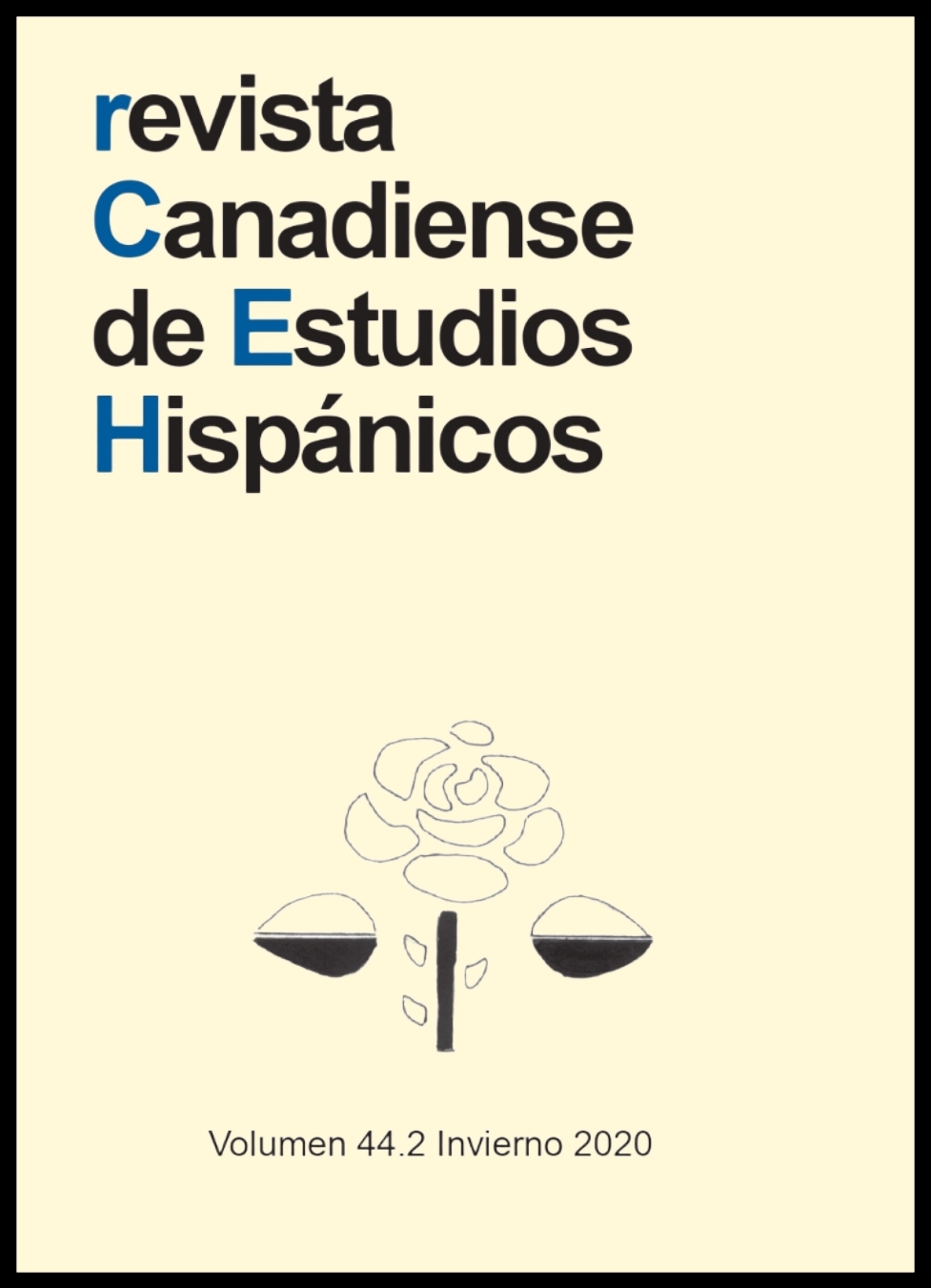Roberto Arlt and the Readers of Romance
DOI :
https://doi.org/10.18192/rceh.v44i2.6129Résumé
This essay examines the role of female readership in the work of the Argentine writer Roberto Arlt. I argue that the conflicted and embodied status of the reading public in Arlt’s work is crystallized in the female (or feminized) reader of romances. Through this figure, the Arltian text reveals the pervasiveness of normative sentimental discourse, and narrates how this discourse circulates, impacts, and is absorbed by the bodies of its readers. These critiques emerge quite clearly in Arlt’s novels, where the author enjoys greater freedom of expression. However, his periodical publications and theater necessarily employ a more oblique critical strategy. Focusing on his aguafuertes, the short story “Eugenio Delmonte y los 1300 novios” and the play Trescientos millones, I show how Arlt interpolates his readers as readers of romance while also enacting a rupture in the boundary between the work and the medium in which it appears, encouraging the reader’s awareness of the influence of those media in her daily life.
Téléchargements
Publié-e
Numéro
Rubrique
Licence
Aquellos/as autores/as que deseen publicar en la RCEH o tengan publicaciones en esta revista aceptan los siguientes términos:
- La RCEH solo publica artículos inéditos.
- Los artículos enviados a la RCEH no deben estar bajo consideración en ninguna otra revista o editorial.
- Los/as autores/as podrán incluir imágenes cuando las consideren esenciales para su estudio. Es responsabilidad suya el obtener por escrito la autorización para su reproducción y presentarla a la RCEH.
- Los/as autores/as conservarán sus derechos de autor y garantizarán a la RCEH el derecho de primera publicación de su obra, el cuál estará simultáneamente sujeto a la Licencia de reconocimiento de Creative Commons que permite a terceros compartir la obra siempre que se indique su autor y su primera publicación en la RCEH.
- 12 meses después de la publicación de su obra en la RCEH, los/as autores/as podrán adoptar otros acuerdos de licencia no exclusiva de distribución de la versión de la obra publicada (p. ej.: depositarla en un archivo telemático institucional o publicarla en un volumen monográfico) siempre que se indique la publicación inicial en esta revista.


